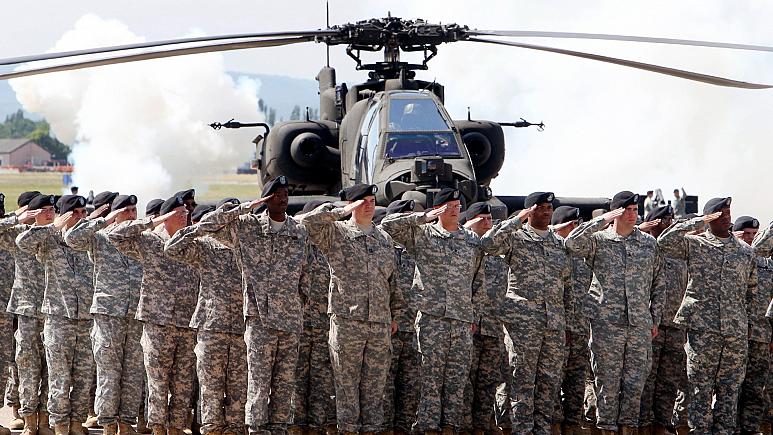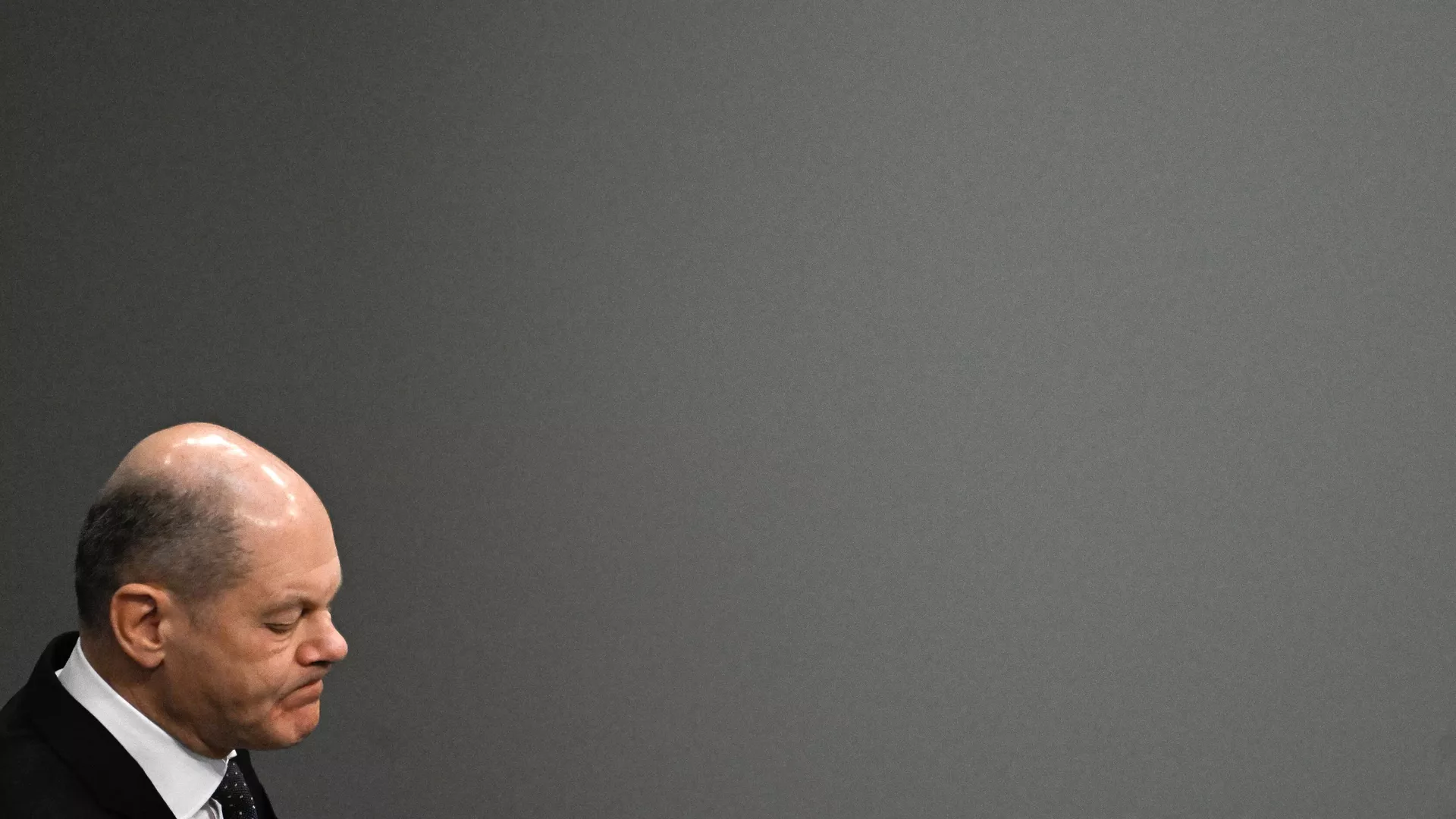The number of American troops in Europe has reached 100,000, but how long can Washington keep them there?

In the four months since Russia’s invasion of Ukraine, the number of American troops on the European continent has increased rapidly. From about 65,000 in mid-February, the number of US troops has now reached 100,000.
This is one of the fastest US military build-ups on the continent in the post-Cold War era, and there is no timetable or benchmark for when it will stop, when the troops will return home, or when they might be shifted to other regions, such as the Indo-Pacific.
- Critical quadrilateral meeting begins in Madrid
- Number of migrants found dead in abandoned truck in Texas rises to 50
Instead, the mission of the troops has been left open-ended, with the mission being portrayed as deterring Russian aggression and preventing a possible attack on NATO territory.
According to some analysts, long-term consequences may be important for US foreign policy priorities. But Washington is unlikely to maintain such troop levels in Europe for long without sacrificing resources in the Pacific.
Experts warn that the conflict in Ukraine and Russian President Vladimir Putin’s not-so-veiled threats against Europe should create new pressure within NATO and the European Union for member states to increase defense spending and deploy troops to their borders.
“After the invasion in February, we did what we needed to do in the short term to deter an attack on NATO members,” said Bradley Bowman, senior director of the Center for Military and Political Power at the Foundation for Defense of Democracies (FDD), a Washington-based think tank:
“Unfortunately, we have no idea how long that will last. I think we can make a reasonable estimate that what is happening in Ukraine could go on for a very long time.”
“We should not send more forces to Europe than are needed because they are also needed in the Indo-Pacific,” Bowman said, adding, “We really need Europe to step up as much as possible and ease the security burden on our forces there as much as possible so that we can allocate more of our limited resources elsewhere.”




